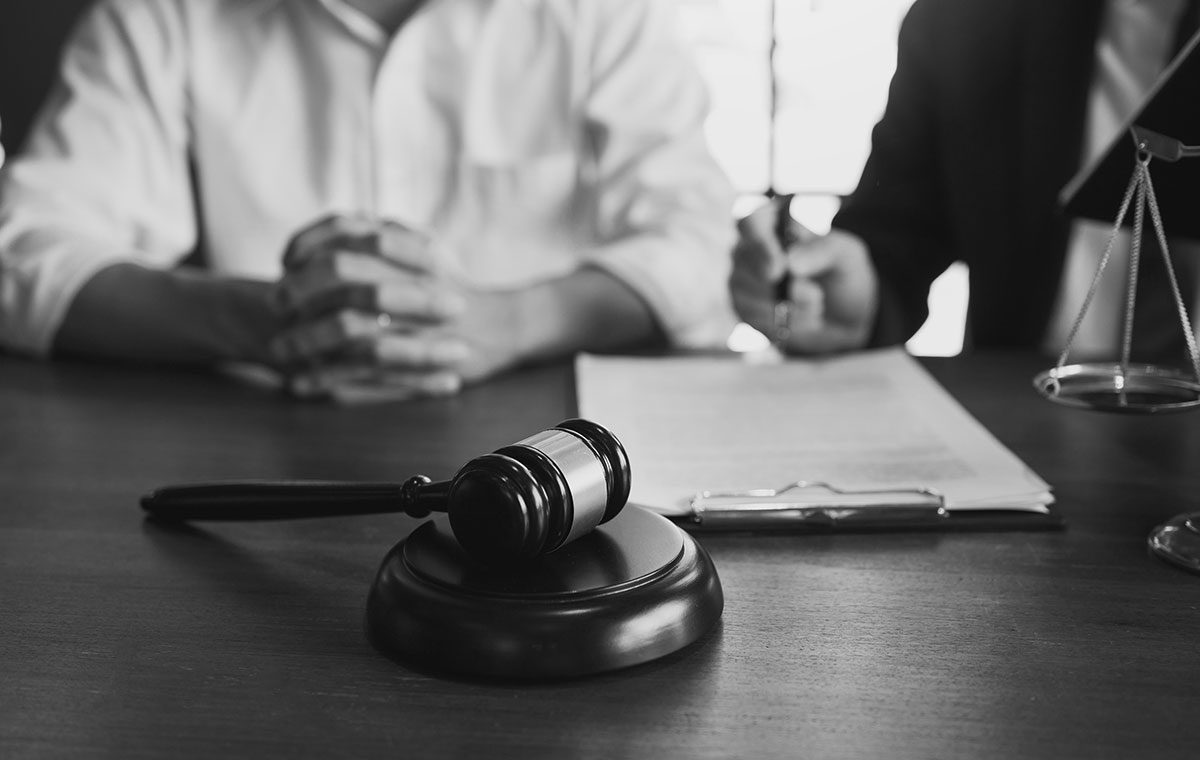
What Happens When You Plead Guilty to a Felony?
Pleading guilty to a felony is a serious decision that can have significant consequences for your life. It’s important to understand the potential implications before making this choice.
In this article, we’ll discuss what happens when you plead guilty to a felony, including the sentencing process, potential penalties, and long-term consequences. We’ll also provide tips and expert advice to help you make an informed decision.
Pleading Guilty: The Process
When you plead guilty to a felony, you are admitting to the crime that you have been charged with. You will be asked to enter your plea in open court before a judge. The judge will then ask you a series of questions to make sure that you understand the charges against you and the consequences of pleading guilty.
If you plead guilty, the judge will then proceed to sentencing. The sentencing process can take several weeks or even months, depending on the severity of the crime and your criminal history.
Potential Penalties
The penalties for a felony conviction can vary depending on the crime that you have been convicted of. However, some common penalties include:
- Imprisonment
- Fines
- Probation
- Community service
The judge will consider a variety of factors when determining your sentence, including:
- The severity of the crime
- Your criminal history
- Your age
- Your mental health
Long-Term Consequences
In addition to the immediate penalties that you may face, a felony conviction can also have long-term consequences. These consequences can include:
- Difficulty finding employment
- Difficulty obtaining housing
- Loss of your driver’s license
- Deportation
A felony conviction can also make it difficult to obtain certain types of professional licenses.
Tips and Expert Advice
If you are considering pleading guilty to a felony, it is important to speak to an attorney. An attorney can help you understand the charges against you, the potential penalties, and the long-term consequences of a felony conviction.
An attorney can also help you negotiate a plea agreement with the prosecutor. A plea agreement is an agreement between the prosecutor and the defendant in which the defendant agrees to plead guilty to a lesser charge in exchange for a reduced sentence.
Explanation of Tips and Expert Advice
If you are facing felony charges, it is important to seek legal counsel as soon as possible. An experienced criminal defense attorney can provide you with invaluable guidance and support throughout the legal process.
Your attorney can help you understand the charges against you, the potential penalties you face, and the long-term consequences of a felony conviction. They can also help you explore your legal options and develop a strong defense strategy.
If you are considering pleading guilty, your attorney can help you negotiate a plea agreement with the prosecutor. A plea agreement can help you avoid a more severe sentence and can also provide you with some peace of mind.
FAQs
Q: What is the difference between a felony and a misdemeanor?
A: A felony is a more serious crime than a misdemeanor. Felonies are typically punishable by imprisonment for more than one year, while misdemeanors are punishable by imprisonment for less than one year.
Q: What are the most common types of felonies?
A: The most common types of felonies include:
- Murder
- Rape
- Robbery
- Assault
- Burglary
- Theft
- Drug trafficking
Q: What are the potential consequences of a felony conviction?
A: The potential consequences of a felony conviction include:
- Imprisonment
- Fines
- Probation
- Community service
- Loss of your driver’s license
- Deportation
- Difficulty finding employment
- Difficulty obtaining housing
Q: How can I avoid a felony conviction?
A: There are a few things you can do to avoid a felony conviction, including:
- Hire an experienced criminal defense attorney.
- Negotiate a plea agreement with the prosecutor.
- Complete a diversion program.
- Get your record expunged.
Conclusion
Pleading guilty to a felony is a serious decision that can have significant consequences for your life. It is important to understand the potential implications before making this choice.
If you are considering pleading guilty to a felony, it is important to speak to an attorney. An attorney can help you understand the charges against you, the potential penalties, and the long-term consequences of a felony conviction.

Source Image: matthewharrislaw.com

Source Image: matthewharrislaw.com

Source Image: matthewharrislaw.com
Appreciate for your valuable time spent reading. What Happens When You Plead Guilty To A Felony, is a fantastic resource for broadening your perspective.